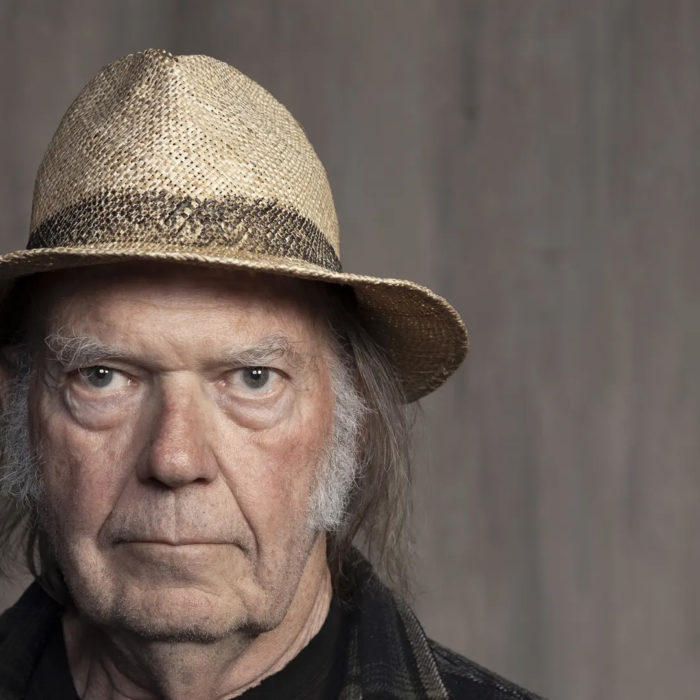The Old Man and the Creator’s Economy

An epic battle drove me to this week’s topic. The «Old man» Neil Young (Old man is my NY favorite song, no hard feelings) wore his armor against the world’s biggest music streamer in protest at “The Joe Rogan Experience,” a podcast giving airtime to anti-vaxxers. Joni Mitchel, another legend, rapidly joined him. There was some poetry and irony: the two veterans won their medals by giving protest a voice through songs; today, the two musicians prefer to speak out by pressing the mute button.
At first, I thought it was going to be a lost battle but other creators have followed. Though, I correctly bet Spotify would rather hang on to its podcaster than listen to two old music glories most of its users know little. The music streamer’s giant gamble that his popular show will attract more customers than it repels—coherent with the game of social media, «create controversy and win.» The fact that share prices in Spotify and other platforms such as Meta are tumbling because of slowing growth underlines how that gamble is Spotify’s business in the most literal sense.
The dispute points to a whole series of problems.
1—Firstly, before Young’s controversy, there was the issue of «ownership» and remuneration.
Over the past decade, big online platforms such as Facebook, Snap, TikTok, and YouTube have reached multi-billion dollar valuations. They could not have done so without the content posted by their users (That us, ladies and gentlemen). Most of the 3.2m podcasters on Spotify are amateurs, uploading their shows to Spotify’s platform as quickly as they would to a social network. Likewise, most of the tens of thousands of new songs uploaded to Spotify every day are recorded in bedrooms and garages. Despite directly contributing to the value of platforms by uploading content that engages users, creators resemble an underclass of workers. As of 2019, Spotify reported paying between $0.00331 and $0.00437 per stream.
2—The second issue is about content curation, freedom of speech and platform neutrality.
The explosion of the podcast as a trendy content format has come with some anarchy; the content mix on audio media is starting to look less like the curated library of Netflix and more like the infinite mishmash of YouTube. I have read Spotify’s statement on the recent controversy: Mr. Rogan has broken no laws, nor even, Spotify says the company’s own content rules. Free speech must prevail. And yet, I believe there must be a line on what one can tell when it encourages misinformation and bigotry. We have had this conversation in the past—hello @Meta:)—and I still remember the pure (and maybe idiotic:) joy I felt the day Trump was kicked out from @Twitter. We have this conversation today in France with a presidential candidate lying about Vichy’s regime. I don’t think platforms can look the other way. Not anymore.
3—Lastly, it raises the question of content broadcast and distribution concentration, leading to the issue of power concentration and contemporary democracies’ health.
This question gains new proportions with Big Tech, but it is an old problem as the Bollore group moves’ within the French media and publishing landscape show. Bolloré’s Group is certainly tiny compared with Netflix, Amazon, Meta or even Spotify in terms of audience. Yet, how healthy for French Democracy that a single man owns nearly 70% of the school edition, more than 50% of the paperback book, the two dictionaries (Larousse and Le Robert), more than a hundred publishing houses, and 100% of the small points of sale?
So it is worthy of questioning the system as it works today if only because creators’ cultural impact is eclipsing that of traditional media and old media sharks can still weigh in the game. I hope this lines help us discover alternatives, whether they come from decentralized networks and blockchain, startups changing the game or creators and «Old men» rebelling against the flow. Articles from The Economist, The New York Times, and France Inter (Radio is the mother of all podcast isn’t it?). Enjoy the reading, and do not hesitate to drop a comment or reach me if you want to pursue the conversation.